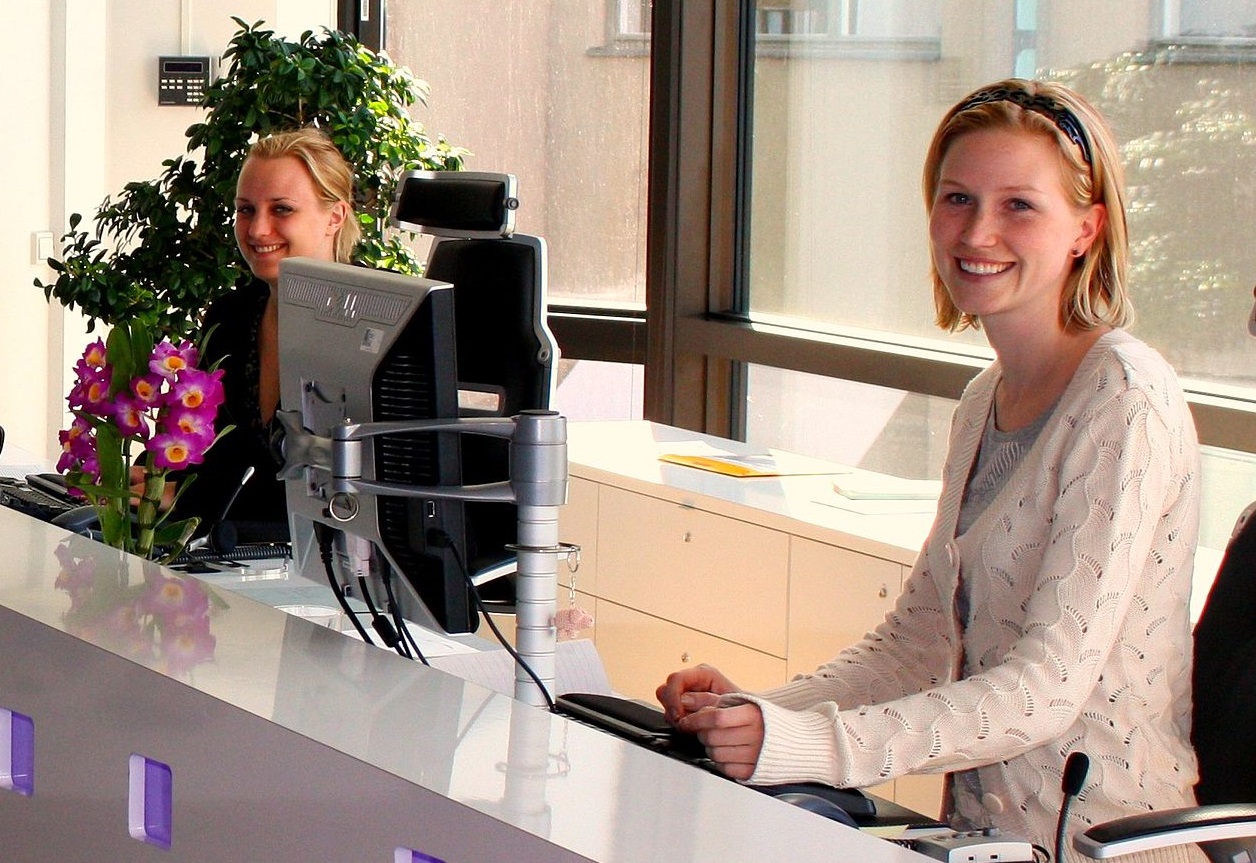How Mindfulness Helps Service Employees Regulate Their Emotions
This is one of our free-to-access content pieces. To gain access to all Ideas for Leaders content please Log In Here or if you are not already a Subscriber then Subscribe Here.

In order to maintain their poise, interactive service employees often have to squelch their impulses when dealing with emotionally filled interactions. The stress created by the need to ‘surface act’ can be significantly mitigated through the practice of mindfulness.
While more and more attention is being paid to making work more meaningful, the fact is that for many employees, notably those dealing directly with often-difficult customers, work can take an emotional toll. This emotional toll is reflected in emotional exhaustion and low job satisfaction.
Research from Maastricht University shows that mindfulness can help interactive service employees deal with the frustrations of the job, and the subsequent emotional exhaustion and low job satisfaction. “Mindfulness” is the conscious effort to focus on what is happening in the present, and to observe these events without evaluation or judgment. The research examined both trait mindfulness, which is mindfulness as one of the characteristics or traits of a person, and state mindfulness, which refers to specific mindful behaviour (e.g., “I went to the park today and was really aware of the beauty of nature.”)
The research focused specifically on how mindfulness can reduce the surface acting required of many employees. “Surface acting” refers to the practice of employees hiding their true negative emotions and reactions in order to maintain the outward positive attitudes and responses required by the job. Previous research has shown that the need to regulate one’s emotions by burying them in this way contributes significantly to the stress of dealing with emotionally charged work situations.
In the Maastricht study, interactive service employees recording on a daily basis for five days their mindfulness, surface acting, job satisfaction and emotional exhaustion. This experiment confirmed the connections between the five factors (including trait mindfulness): People who were more mindful on a daily basis and as a characteristic did less surface acting, and were less emotionally exhausted and more satisfied with their jobs.
However, the cause-and-effect relationships among these factors were not clearly established in this first experiment. For example, while mindfulness might lead to less surface acting and thus less emotional exhaustion, an alternative explanation might be that people who did less surface acting were less emotionally exhausted and thus in a better position to be mindful.
To establish causality, the researchers conducted a second experiment very similar to the first, but with participants divided into a control group and a mindfulness intervention group. This second group received instructions on mindfulness self-training, specifically daily mindfulness meditation exercises and daily awareness exercises. The results of the study, which covered ten days instead of five, showed that the group engaged in mindfulness self-training did less surface acting and were less emotionally exhausted or dissatisfied with their jobs than the control group, thus proving that mindfulness was the catalyst to the overall well-being recorded.
Mindfulness is effective for two reasons. First, through mindfulness, employees are able to separate themselves from the behaviour of angry customers and other stressors. They observe a stressful interaction occurring almost as if they were above and beyond it and are thus able to reperceive the interaction as less of a personal attack or affront.
The second reason is that mindfulness interrupts automatic (negative, in these situations) reactions. When, for example, a customer is being unreasonable, the immediate, automatic reaction is to get angry or frustrated. However, as the employee focuses on being mindful — observing the situation as an outsider, without judgement or evaluation — the automatic reaction has time to dissipate.
For these two reasons, employees in stressful interactions are not just acting as if they have not been personally affected by the interaction: they truly feel less targeted. In sum, thanks to mindfulness, interactive service employees are engaged in less surface acting during the day, resulting in less emotional exhaustion and low job satisfaction.
Businesses naturally expect their employees to maintain their poise and patience at all times. Perceptive and empathetic managers will recognize the surface acting this directive requires. However, they may not be aware of the short- and long-term destruction to the employee’s psychological well being caused by this surface acting. Companies have the responsibility to be aware of such destruction and to help employees find alternative strategies for dealing with the stress of interactive service jobs.
This study points to mindfulness as the solution. It’s important to realize, however, that there are different types of mindfulness. Certain employees will have the mindfulness trait — a stable disposition to be mindful over time and in different situations. In addition, there are daily fluctuations in mindfulness: an employee having a particularly bad day may not have the psychological wherewithal to be mindful. Employers, and especially front-line managers, must be aware of both trait and daily state mindfulness, and help their employees manage both.
One way is to guide employees through mindfulness self-training. The second experiment in this study illustrates the difference that self-training interventions can make in helping employees regulate their emotions.
Mindfulness is a powerful trait/state that promotes both mental and physical health. Companies should make mindfulness awareness and training a core element of their employee wellness offering.

Ideas for Leaders is a free-to-access site. If you enjoy our content and find it valuable, please consider subscribing to our Developing Leaders Quarterly publication, this presents academic, business and consultant perspectives on leadership issues in a beautifully produced, small volume delivered to your desk four times a year.

For the less than the price of a coffee a week you can read over 650 summaries of research that cost universities over $1 billion to produce.
Use our Ideas to:
Speak to us on how else you can leverage this content to benefit your organization. info@ideasforleaders.com